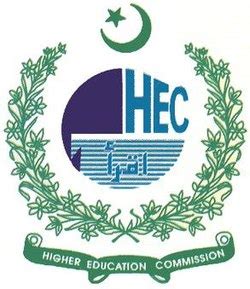Disconnect Between Trade Policies and Academic Research: An Analysis of Pakistan's Trade Policy Evolution
DOI:
https://doi.org/10.51732/njssh.v11i1.254Keywords:
Trade Policies, Academic ResearchAbstract
Trade policies have a crucial role in determining a country's economic course by impacting
income distribution, growth, and export performance. Pakistan's trade policy has changed over
time, moving away from protectionist policies and toward more liberalized frameworks that are
meant to boost global competitiveness. The changes in trade policies are generally communicated
through Strategic Trade Policy Framework (STPF) and other policy documents such and the
National Tariff Policy (NTP). The policy documents usually highlight challenges and set out
objectives and strategies to address those challenges. At the same time, scholarly research also
delves deeper into the underlying causes of trade performance and broader implications of trade
policies. However, the recommendations and insights of academic research are rarely utilized or
cited in the policy documents. This divergence between the focus of policy document and
scholarly research underscores a persistent gap between policy formulation and academic
research—suggesting the need for stronger integration of empirical evidence and research
findings into the trade policymaking process.








